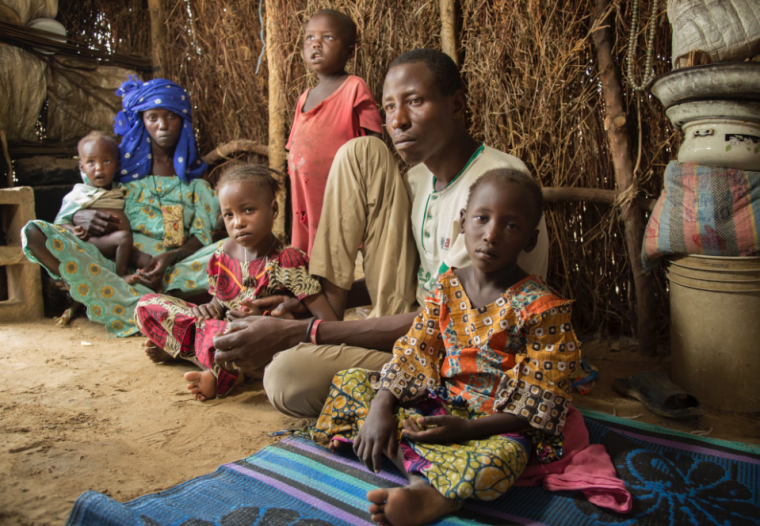Governments must act to stem 'worrying increase' in internally displaced people across Africa

African leaders have been urged to turn rhetoric into action to address the urgent migrant and refugee problem across the continent.
Heads of state from across Africa were in Addis Ababa over the weekend for the African Union summit, which made 2019 the year of refugees, returnees and internally displaced persons.
The issue dominated the talks as leaders from across the region discussed 'durable solutions' to the problem.
The theme is timely as this year's summit coincided with the 50th anniversary of the 1969 Organization of African Unity (OAU) Convention on Refugees and the tenth anniversary of the 2009 AU Convention on Internally Displaced Persons (IDPs), known as the Kampala Convention.
Addressing the summit on Sunday, director general of the International Organization for Migration (IOM), Antonio Vitorino, told heads of states that a good model for addressing internal displacement could be seen in the Regional Migrant Response Plan (RMRP) for the Horn of Africa and Yemen.
RMRP is a three-year partnership between the IOM and the UN Migration Agency supporting around 80,000 people on the move between Somalia, Djibouti and Ethiopia, and Yemen. In addition to urgent humanitarian interventions, RMRP has the longer-term aims of addressing the drivers of migration and building sustainable socioeconomic infrastructures.
Another effective partnership, he said, was the AU-EU-UN Taskforce on Libya, the destination for thousands of African migrants each year trying to reach Europe. The EU said last December that the joint taskforce had helped more than 39,000 migrants return voluntarily to their countries of origin.
'There is an urgent need to address root causes as we will continue to see an increase in both mixed and complex flows, which includes regular migrants, displaced people, as well as refugees who face sometimes similar vulnerabilities that make them prone to the activities of criminal networks and terrorist organizations,' said Vitorino.
At the end of the summit, Christian Aid said it was 'time to translate rhetoric into action' as it warned of a 'worrying increase' in internal displacement on the African continent.
Christian Aid is working in many African countries, including Nigeria, South Sudan and the Democratic Republic of Congo, to support displaced people who it said were often driven from their homes by armed conflict and violence.
'These people lost everything – their homes, livelihoods, and in many cases their relatives,' said Christian Aid CEO Amanda Mukwashi .
She warned that 'unless African leaders work harder to prevent forcible displacement, we will remain in fire-fighting mode'.
'It's time for the AU and its member states to translate rhetoric and good intentions into laws, policies and action on the ground to protect everyone forcibly displaced in Africa, including finding durable solutions for those displaced within national borders,' she said.
'Respect for international law, including the UN Guiding Principles on Internal Displacement and the Kampala Convention, and enabling IDPs and community organisations working with them to help shape national and regional policy must be key elements in this effort.'











